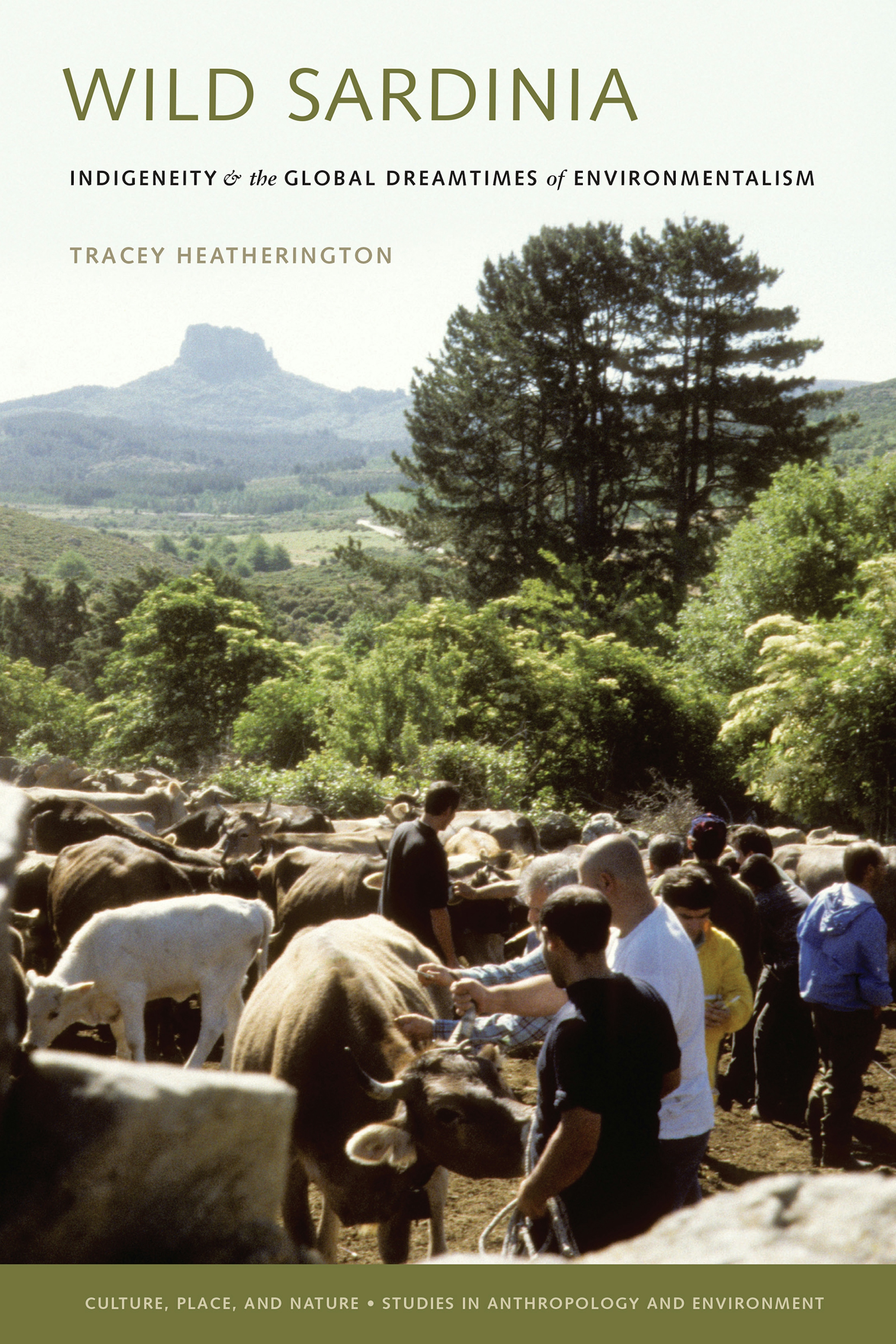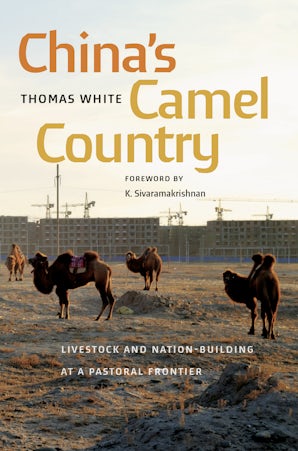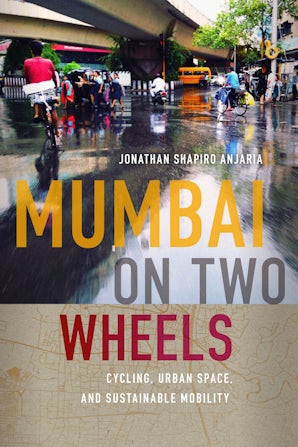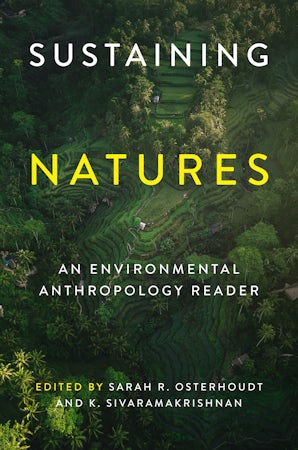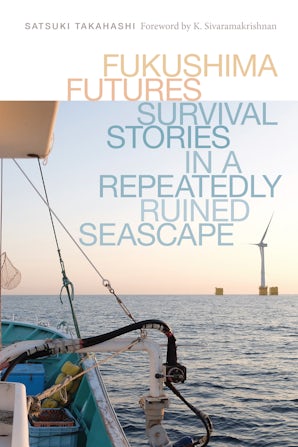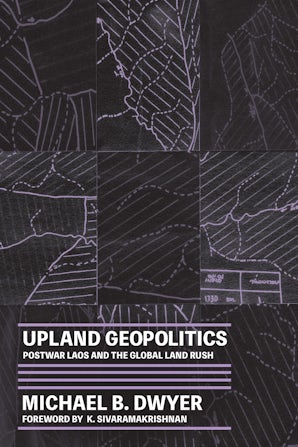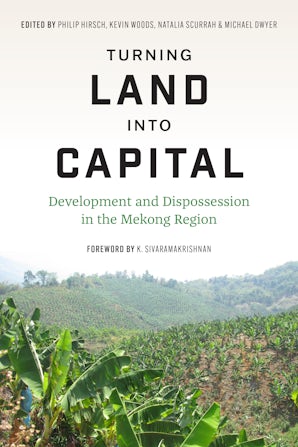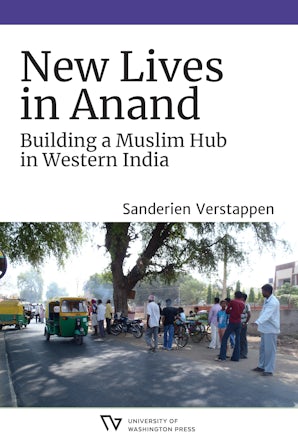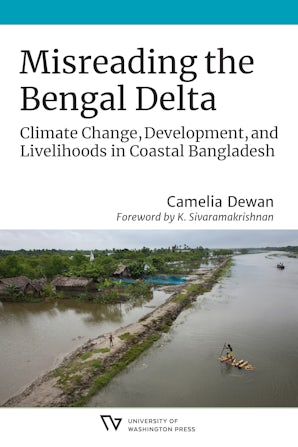**Winner of the 2010 Victor Turner Prize in Ethnographic Writing, presented by the American Anthropological Association**
Shared concern for nature can be a way of transcending national, ethnic, religious, and cultural boundaries, yet conservation efforts often pit the interests of historically rooted or indigenous peoples against the state and international environmental organizations, eroding local autonomy while “saving” rural land for animals and tourists. Wild Sardinia’s examination of the cultural politics around nature conservation and the traditional Commons on an Italian island illustrates the complexities of environmental stewardship. Long known as the home of fiercely independent shepherds (often typecast as rustics, bandits, or eco-vandals), as well as wild mouflon sheep, magnificent eagles, and rare old oak forests, the town of Orgosolo has for several decades received notoriety through local opposition to Gennargentu National Park.
Interweaving rich ethnographic description of highland central Sardinia with analysis grounded in political ecology and reflexive cultural critique, Wild Sardinia illuminates the ambivalent and open-ended meanings of many Sardinians’ acts and memories of “resistance” to environmental projects. This groundbreaking case study of the tension between living cultural landscapes and the emerging ecological imaginaries envisioned through policy discourses and new media -- the “global dreamtimes of environmentalism” -- has relevance far beyond its Mediterranean locale.
